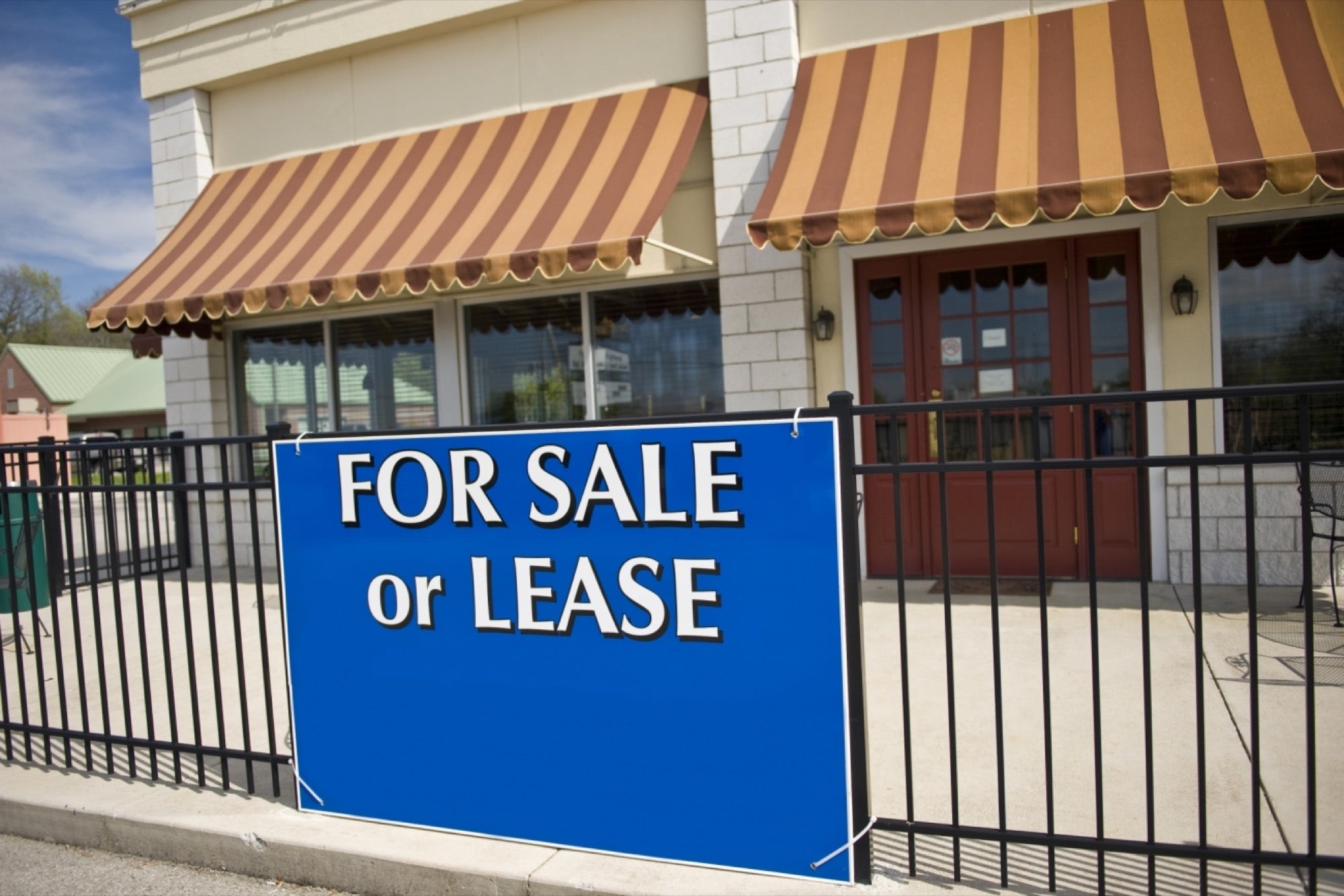The Flexible Space Leasing Market In India Saw An Investment Of $140 Million In 2019 Overall share of office space leasing is expected to increase from 14 per cent (2019) to 20 per cent this year with a touch point of 10 to 12 million square feet
By Anshuman Magazine •
Opinions expressed by Entrepreneur contributors are their own.
You're reading Entrepreneur India, an international franchise of Entrepreneur Media.

The concept of flexible workspaces started gaining ground in early 2010s in India and was mainly limited to traditional business centers. However, on the back of a growing number of start-ups and low operating costs, co-working spaces gained traction during 2016-17. After 2017, it was clear that demand for flexible spaces was no longer driven by start-ups alone but also by enterprise's tech-influenced changing workplace strategies and their need to incorporate agility in their RE portfolios.
India is expected to be one of the youngest countries in the world by 2020 with the current median age being 27.6, which is lower than that of many countries. Their growing influence is already driving new trends in real estate markets across the region, making it essential for occupiers, retailers and developers to gain a thorough understanding of their behaviors, requirements and priorities. As they strive for greater freedom and independence in workplace, it becomes extremely crucial for companies to place career advancement of its employee on top of their priority list. With increasing co-working spaces, employees now have the flexibility to work in coworking centers in combination with their corporate workplaces, thereby providing them an opportunity to network better.
This has led to a huge transition in terms of the nature of leasing flexible spaces in the country. This structural shift is being taken ahead by new generation entrepreneurs and business heirs engaging with newer business models. This has led to companies looking at creating flexible layouts that offers them variety of spaces such as collaborative spaces, semi-private and quiet areas which support a range of working styles.
This has resulted in the overall stock in flexible space market witnessing a historic increase of about 60 per cent from approximately 19 million sq. ft. in 2018 to 30 million sq. ft. in 2019. Hybrid and managed spaces were the dominating entities in 2019 with 77 per cent take up followed by coworking and business centers with 23 per cent take up. The flexible space penetration was the highest in Delhi-National Capital Region, Hyderabad and Bangalore in 2019. The demand is further expected to cross 40 million sq. ft. by the end of 2020. The year 2019 saw an increased inflow of funds with approximately USD 140 million of funding provided by angel investors/private equity funds/debt funds.
New technology solutions are taking collaboration to the next level and facilitating a cultural shift to a digitally driven workplace. The operators are seen launching individualized apps which allow tenants to book and modify requests for various services such as booking conference rooms, registering for community events and others. Not only this, the operators are now adopting specific apps that provide intergroup social platforms where occupiers have the option of posting business requirements.
With such advanced solutions, these players can obtain a competitive advantage and gainmore enterprise tenants for a prolonged period.The future of Indian realty sector holds the occupiers' preferences for using flexible space as an active component of their overall RE strategy and not as a reactive solution. The occupier demand will largely focus on user experience and agility. This will in turn help in gaining employee engagement as a key driver of occupier strategy. On the other hand, the landlords would create their own flexible space brands or will prefer partnering with experienced operators.
The year 2020 will see the landlords becoming more strategic and will work on enhancing the end user experience. The overall share of office space leasing is expected to increase from 14 per cent (2019) to 20 per cent this year with a touch point of 10 to 12 million sq. ft. Along with the top three cities, the operators would explore Hyderabad, Pune and Chennai in 2020.
To stay ahead of the curve, organizations will focus on creating spaces that speak to millennial's desires, while fostering productivity, efficiency, connectivity and community. Construing to their expansion strategies, the operators look forward to exploring grade-B buildings in core locations. Thus, it is highly beneficial in trading the archaic norms of the traditional environment with a flexible space in order to increase workforce productivity and efficiency.
In a dynamic and technology driven business and economic environment, companies will continue to explore, evaluate and leverage various agile workplace solutions available to them that provide various requirement as well as lease options to effectively meet various organizational needs along with powerful technology tools to enable collaboration and productivity in the workplace.












